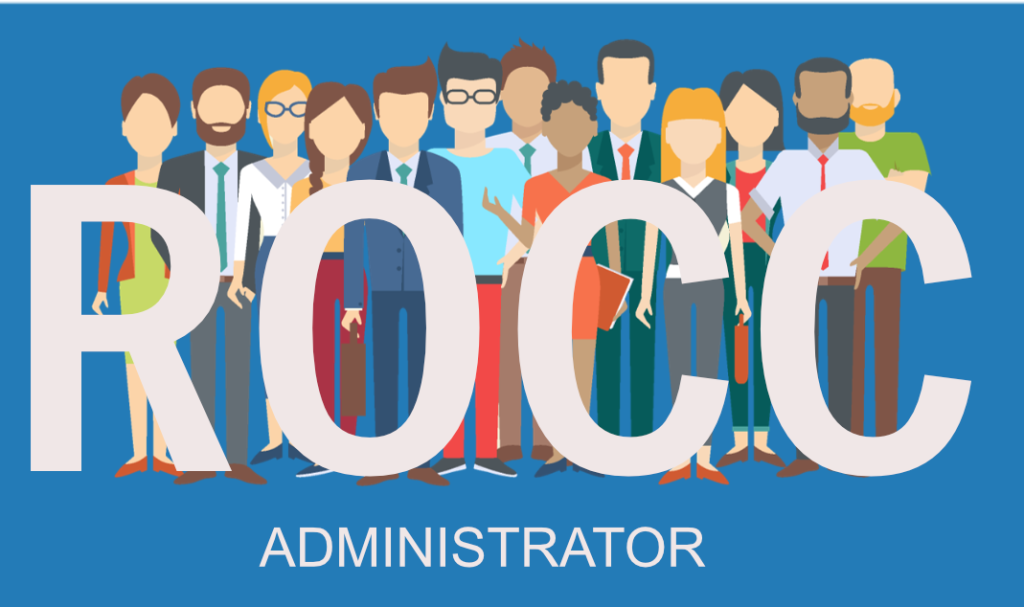
Administrators support the smooth running of offices by carrying out clerical tasks and projects. As an administrator in the construction industry, you could be organising project meetings. You’d be typing up documents, responding to business enquiries, drawing up contracts and providing customer service. You are likely to be processing lots of information using a computer, so you’ll need strong IT skills. Excellent communication skills are also important, to ensure the office operates efficiently. There is huge scope for career progression as an administrator, in a variety of settings.
Average salary*
£16000 – £35000
Typical hours per week
38-40
How to become an administrator
There are several routes to becoming an administrator. You can gain the qualifications you need by doing a college course or an apprenticeship. If you have relevant experience, you may be able to apply directly to an employer for a job.
You should explore these options to find out which is the right one for you.
College/training provider
Most local colleges or training providers will offer business administration and IT courses which will start you on your career path.
Traineeship
If you are aged between 16 and 24 you may be eligible for a traineeship. This is a short course (2 weeks – 6 months) which helps you to gain work experience in your chosen role.
Apprenticeship
Apprenticeships are open to anyone over the age of 16. As an apprentice, you will be fully employed by your company and expected to work a minimum of 30 hours a week. Your time will be split between on-the-job experience and a college or training provider.
Work
If you have experience as an administrator in another sector you could transfer these skills into the construction industry. Your new employer may provide training to help you progress in the role.
Work experience
Work experience is essential to gaining work within the industry. This could have been gained at school or by working weekends and holidays with a company or relative who works in administration. Potential employers will always be pleased to see work experience listed on your CV.
Skills
Additional skills which may benefit anyone considering a job as an administrator include:
- Be thorough and pay attention to detail
- Able to work well with others
- Able to work on your own
- Sensitivity and understanding
- Flexible and open to change
- Excellent verbal communication skills
- Customer service skills
- Able to use a computer and the main software packages competently
What does an administrator do?
As an administrator, you will be responsible for helping the smooth running of the business by ensuring filing and documentation is kept up to date. Duties may include using specialist computer software and understanding the requirements of the business you are working in. You could also be required to be customer-facing – via email, phone, or greeting visitors.
The job role of an administrator involves the following duties:
- Preparing, organising and storing information in paper and digital form
- Dealing with queries on the phone and by email
- Greeting visitors at reception
- Managing diaries, scheduling meetings and booking rooms
- Arranging travel and accommodation
- Arranging post and deliveries
- Taking minutes at meetings
- Typing up letters and reports
- Updating computer records using a database
- Printing and photocopying
- Ordering office supplies
- Maintaining office systems
- Liaising with suppliers and contractors
- Liaising with staff in other departments, e.g. finance, HR
- Working in an office.
How much could you earn as an administrator?
The expected salary for an administrator varies as you become more experienced.
- Newly trained administrators can earn £16,000 – £20,000
- Trained administrators with some experience can earn £18,000 – £25,000
- Senior administrators can earn £25,000 – £35,000.*
Hours and salary depend on location, employer and any overtime you may do.
* Salaries have been collected from multiple industry sources
Find an apprenticeship/job
Apprenticeships
Career path and progression
With some experience, you could become a senior administrator, move into human resource roles or become a document controller.
Related roles
- Site managers organise work on building sites, making sure it’s completed safely, on time and on budget.
- Contracts manager During a construction project, the contracts manager overseas the contracts process & meetings with clients to find out their requirements.
- Human resources personnel
- Accounts assistant
- Bid manager


